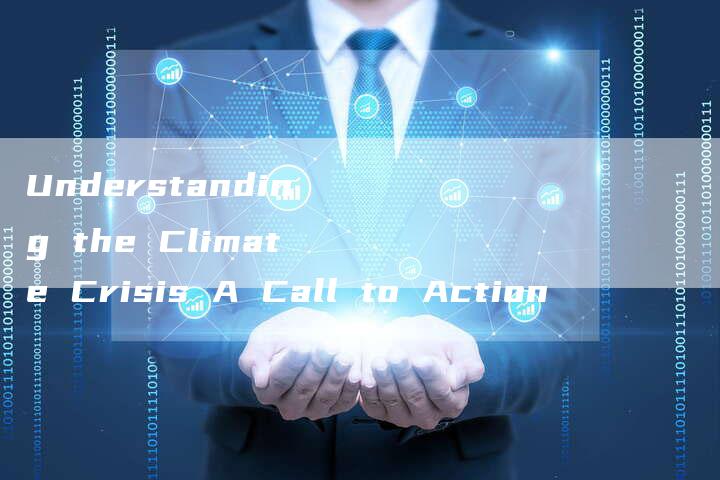
What is climate change?
Climate change refers to long-term alterations in temperature, precipitation patterns, wind patterns, and other aspects of the Earth's climate system. It is primarily caused by human activities, such as burning fossil fuels and deforestation, which release greenhouse gases into the atmosphere and disrupt the natural balance.
How does climate change affect the environment?
Climate change has significant impacts on various aspects of the environment. For instance, rising global temperatures lead to the melting of glaciers and polar ice caps, resulting in rising sea levels. This can cause coastal flooding, erosion, and the loss of important habitats for marine life.
Furthermore, changes in weather patterns can lead to more frequent and severe natural disasters, including hurricanes, droughts, and wildfires. These events can damage ecosystems, destroy crops, and threaten the livelihoods of communities.
What are the consequences for biodiversity?
Climate change poses a great threat to biodiversity. Many species are already experiencing habitat loss and fragmentation due to changing climate conditions. In some cases, these changes force species to migrate to new areas or adapt to new conditions, leading to population declines and even extinction.
Additionally, the warming of ocean waters has severe consequences for marine ecosystems. Coral reefs, for example, are highly sensitive to temperature changes and are already experiencing widespread bleaching events, which can ultimately lead to their collapse. This loss of biodiversity disrupts the delicate balance of ecosystems and can have cascading effects on other species and the environment as a whole.
How does climate change impact human health?
Climate change has direct and indirect effects on human health. Rising temperatures can lead to an increase in heat-related illnesses and deaths, especially among vulnerable populations such as the elderly and children. Changes in precipitation patterns can also impact access to clean water, resulting in the spread of waterborne diseases.
Furthermore, climate change can exacerbate existing health problems. For example, the warming climate can contribute to the proliferation of disease-carrying insects, such as mosquitoes, which can spread illnesses like malaria and dengue fever. Extreme weather events, such as hurricanes and floods, can also cause injuries and mental health issues in affected communities.
What are the economic implications of climate change?
The economic consequences of climate change are substantial. Extreme weather events cause billions of dollars in damage to infrastructure, agriculture, and property every year. The increased frequency and severity of these events can disrupt economies, strain resources, and hinder development efforts.
Moreover, industries heavily dependent on natural resources, such as agriculture, fisheries, and tourism, can suffer from climate change impacts. Reduced crop yields, declining fish populations, and damaged ecosystems can lead to job losses, food insecurity, and increased poverty levels.
What can be done to mitigate climate change?
Mitigating climate change requires a collective effort from individuals, governments, and businesses. It involves reducing greenhouse gas emissions through energy conservation, transitioning to renewable energy sources, and adopting sustainable practices.
Investing in research and development of clean technologies, promoting environmental education, and implementing policies to reduce deforestation and promote reforestation are also crucial steps. Additionally, international cooperation and agreements, such as the Paris Agreement, play a vital role in tackling this global issue.
Conclusion
Climate change is not just a future concern; its impacts are already being felt worldwide. From environmental degradation to health risks and economic consequences, the effects of climate change are vast and alarming. It is imperative that we take immediate action to mitigate greenhouse gas emissions and adapt to the changing climate in order to protect our planet and safeguard the well-being of current and future generations.






















